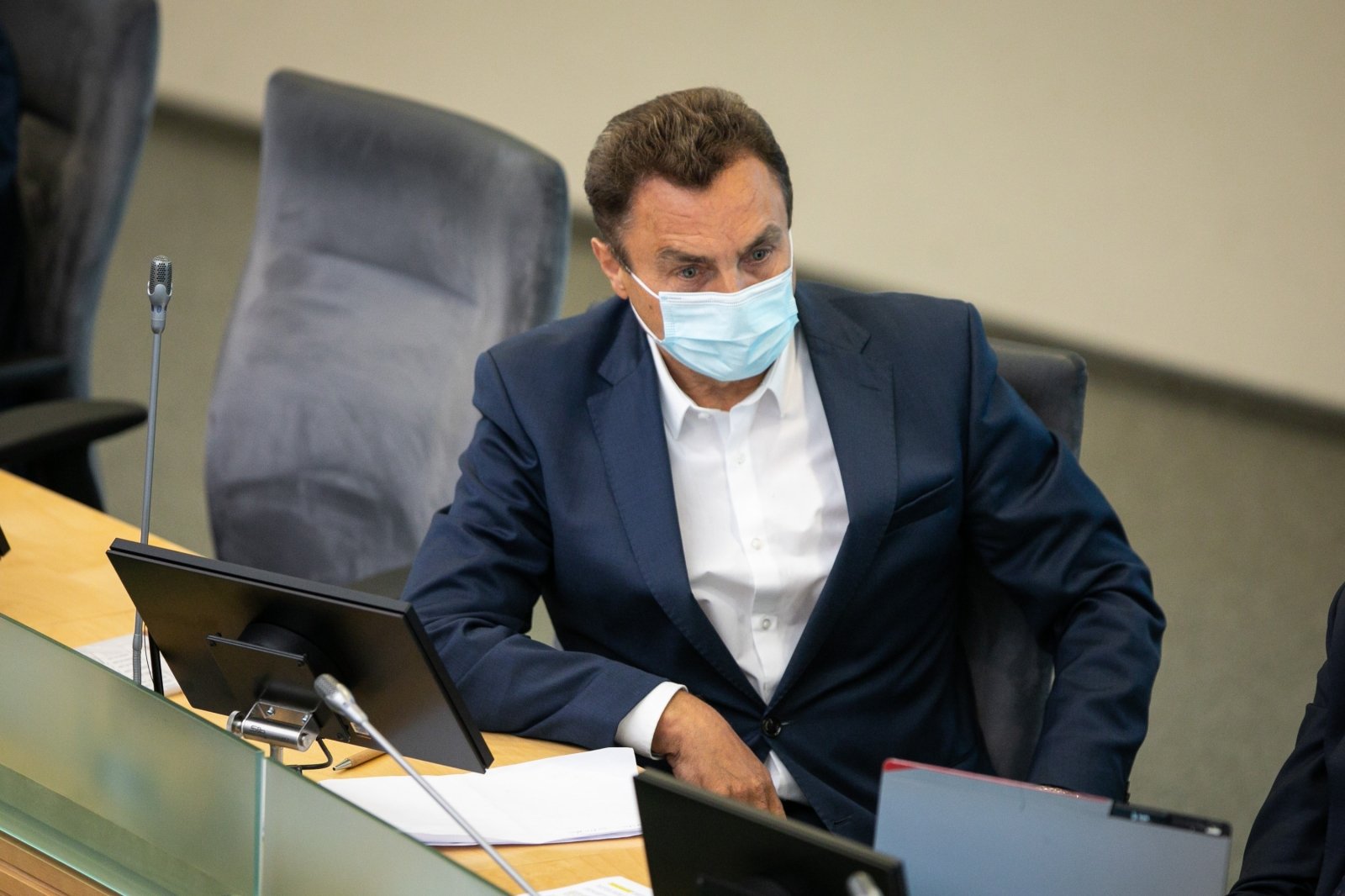
[ad_1]
The commission confirmed this conclusion at its meeting on Friday with seven votes in favor and one against.
The Attorney General repeatedly asked Seimas to waive Mr. Gražulis’ legal immunity in order to complete the pre-trial investigation into the allegedly illegal actions of the politician. The previous parliament had already rejected such a request.
The Seimas Provisional Commission decides whether to comply with the prosecutor’s requests for waiver of immunity, and the final decision is made by the entire parliament.
To waive the immunity of a member of the Seimas, at least 71 parliamentarians must vote for it.
According to police, P. Gražulis helped manage the problems of the frozen food company Judex, when Russian officials found the Listeria bacteria in the company’s products in 2015.
Prosecutors say that while helping Judex, a Seimas member repeatedly called Lithuanian and Russian officials, went to Russia’s Krasnodar region to influence Russian officials, urged businessmen to pay bribes, and asked Judex to violate the existing procedures. “He received property benefits for it.
The Attorney General claims that with such actions the parliamentarian undermined the prestige of his functions, the authority of the Seimas, broke the oath of a member of the Seimas and as a result the state suffered significant damage.
Mr. Gražulis denies the allegations and claims that this case is a political settlement.
In 2016, prosecutors tried to question P. Gražulis as a special witness, but he refused to testify.
Last June, the Attorney General appealed to the Seimas to waive his parliamentary immunity, but then the parliament rejected the request.
According to the prosecutor’s office, after exhausting all available investigative possibilities, the pre-trial investigation into the abuse ended last fall.
However, according to the prosecution, the fact that the parliamentarian was sworn in again after this year’s Seimas elections makes it possible to reapply for the waiver of the immunity of P. Gražulis.
[ad_2]